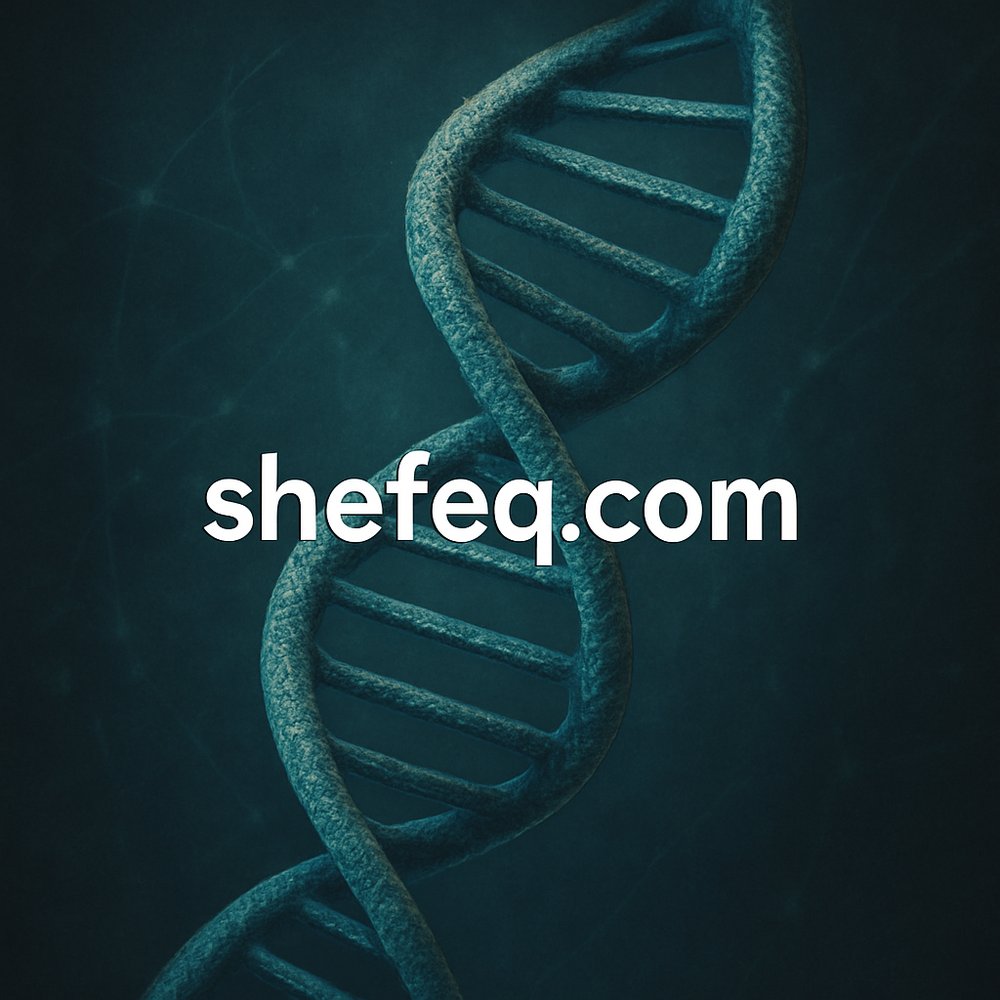I. Introduction: A Code That Belongs to Us – or Global Property?
Every human being’s DNA is unique, unrepeatable, and often considered sacred. But with the advancement of modern science and bioinformatics, one question grows more urgent: Who owns human DNA? Is it the person themselves, the scientific institution studying it, or the artificial intelligence decoding it?
II. What Is DNA and Why Is It So Valuable?
DNA is the carrier of information that determines the structure and function of an organism.
With 3 billion base pairs, it explains the functioning of every cell in the human body.
Genetic information is used in detecting diseases, identifying individuals, and even analyzing behavioral patterns.
III. The Legal Landscape: Whose DNA, Whose Rights?
In U.S. and European law, genetic information is protected as “personal data.”
However, some companies (e.g., 23andMe, AncestryDNA) analyze users’ genetic data and share it for commercial purposes.
The sale, sharing, and experimentation on DNA is riddled with legal gray areas and loopholes.
IV. Ethical Questions: Ownership or Responsibility?
Can a person truly own their genome?
Does an unborn child’s DNA fall under the authority of their parents?
Sharing genetic data can be medically beneficial — but where is the line when it becomes exploitation?
V. Biobanks and the Storage of Genetic Data
Biobanks are repositories storing the DNA of millions of individuals.
Examples: UK Biobank, GenomAsia100K, China Kadoorie Biobank.
Although aimed at medical research, these databases often walk a fine line between scientific progress, commercial interest, and state oversight.
VI. Artificial Intelligence and the Decoding of the Genetic Code
AI and machine learning algorithms now play a central role in genomic analysis.
But decoding genes also raises new ownership questions:
Who owns the data processed by AI?
Who has the right to use the conclusions?
And who owns the genetically enhanced “post-human” being?
VII. The Azerbaijani Context
Currently, there is no dedicated legislation in Azerbaijan to protect genetic data.
Most DNA analyses are outsourced to foreign laboratories.
How genetic information is shared among the state, private sector, and citizens remains an open and pressing question.
VIII. Looking Ahead: Bioethics and the New Era of Technological Ownership
The issue of ownership over genetic code must be viewed as a part of the right to bodily autonomy.
In the new age, the concept of “property” will expand beyond the physical to the molecular and informational.
Perhaps one day, we will encrypt our DNA on the blockchain — accessible only with our explicit permission.
Final Question to the Reader:
Do you believe a person’s DNA is solely their private property?
Or does genetic data also belong, in part, to collective science, medicine, and technology?
Share your thoughts — Shefeq.com is searching for the answer with you.

